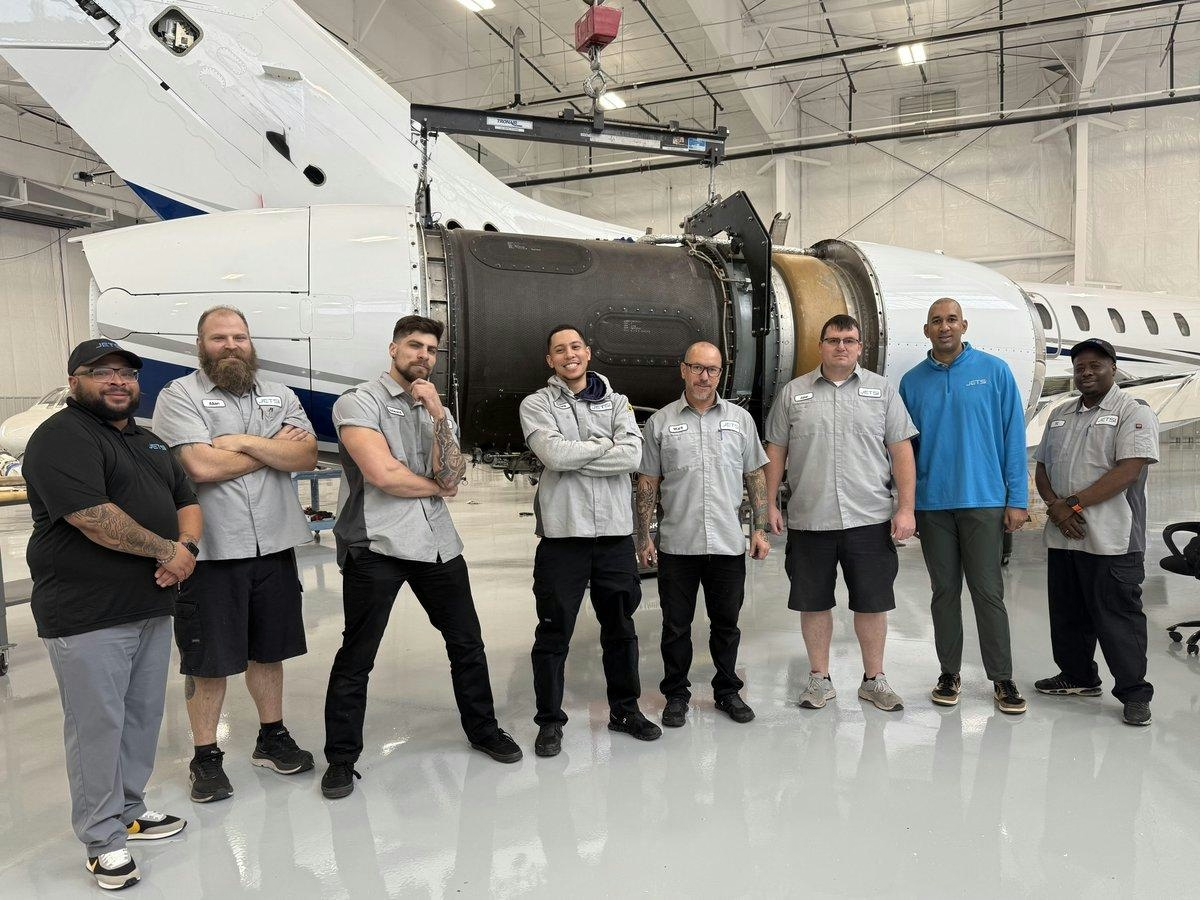AeroGenie — Uw intelligente copiloot.
Trending
Categories
ExecuJet MRO Services Renews FAA and African Certifications

ExecuJet MRO Services Secures Renewed FAA and African Regulatory Certifications
ExecuJet MRO Services South Africa has successfully renewed its approvals from the US Federal Aviation Administration (FAA) alongside multiple African civil aviation authorities, reinforcing its status as a premier maintenance, repair, and overhaul (MRO) provider on the continent. The renewed certifications encompass regulatory bodies in Angola, Botswana, Malawi, Mozambique, Namibia, Nigeria, South Africa, and Zambia. According to ExecuJet, this represents the most extensive network of regulatory accreditations held by any MRO facility in Africa.
Rigorous Audits and Compliance Standards
The Johannesburg-based facility at Lanseria International Airport recently underwent thorough regulatory audits. These evaluations scrutinized maintenance record traceability, engineering qualifications and certifications, and quality control systems, ensuring the facility’s adherence to stringent international standards. Vince Goncalves, regional vice president Africa at ExecuJet MRO Services, emphasized that maintaining these approvals transcends mere compliance. He stated that the certifications reflect the company’s technical expertise and the confidence it has garnered from regulators across the continent.
Goncalves highlighted the growing momentum of business aviation in Africa, noting that the continent now hosts over 400 business aircraft. He observed an increase in new aircraft entering service and international charter operators positioning fleets regionally to meet escalating demand. This trend, he remarked, underscores Africa’s rising significance within the global business aviation sector.
Navigating Regulatory Challenges and Market Growth
As the African business aviation market expands, ExecuJet faces the ongoing challenge of adapting to evolving regulations, particularly the Automatic Dependent Surveillance–Broadcast (ADS-B) mandates. These requirements, especially rigorous in South Africa, compel continuous investment in compliance services and technical upgrades. ExecuJet anticipates heightened demand for its ADS-B compliance solutions and is actively exploring partnerships with other MRO providers to address the growing needs of operators throughout the region.
The broader industry is also responding to these regulatory and market shifts. Competitors such as Lufthansa Technik have extended their support agreements, while Falcon Technic recently secured UAE design organization approval, signaling a wider movement toward enhanced certifications and expanded service offerings.
Facility Enhancements and Global Reach
In addition to regulatory renewals, ExecuJet MRO Services South Africa is in the process of obtaining approval for its newly installed in-house spray booth, which will facilitate touch-up paintwork on aircraft components up to 1.5 meters in size. The facility’s hangar capacity accommodates up to 14 aircraft of varying sizes, enabling support for a diverse client base.
ExecuJet MRO Services operates as a wholly owned subsidiary of Dassault Aviation, with facilities spanning Africa, Asia, Australasia, Europe, and the Middle East. The company specializes in airframe, avionics, and engine maintenance, employing engineers trained and certified on aircraft from Dassault, Bombardier, Embraer, Gulfstream, and Hawker.

Factors Positioning Airbus for Leadership in 2026

Emirates Unveils Cabin Design for New Boeing 777X

Eighteen Years On, the Airbus A380 Remains Central to a $34 Billion Airline

How a boom in luxury airline seats is slowing down jet deliveries

Navitaire Outage Attributed to Planned Maintenance

Airbus Plans Record Delivery of 870 Aircraft in 2026

DigiYatra Debuts Outside Aviation at India AI Impact Summit

Vietnam Orders Strengthen Boeing’s Commercial Outlook

Airbus Signals Uncertainty Over Future A400M Orders

JobsOhio Awards $2 Million Grant to Hartzell Propeller for Innovation Center
